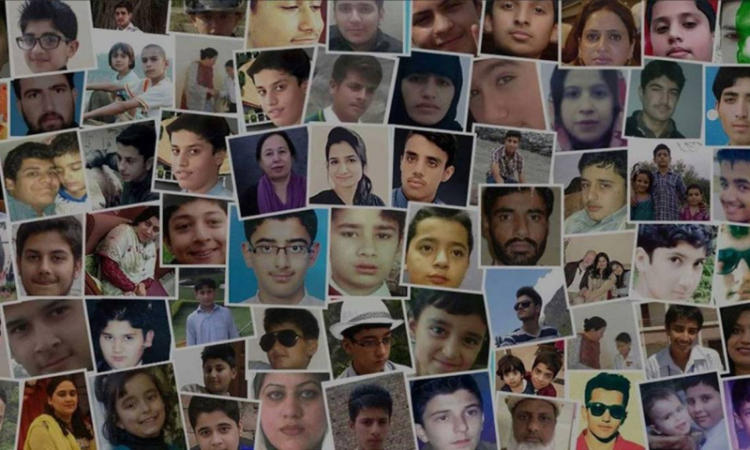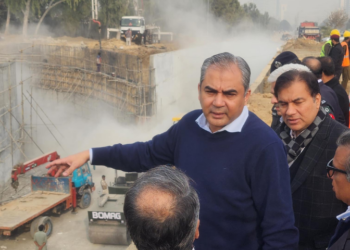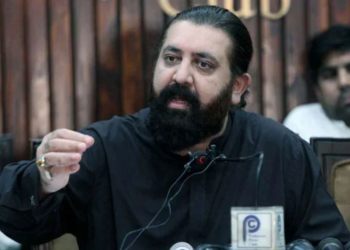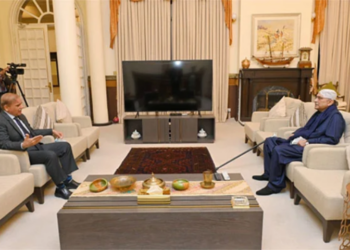Islamabad, December 16, 2024: Pakistan today marks the 10th anniversary of the devastating terrorist attack on the Army Public School (APS) in Peshawar, which claimed the lives of 147 individuals, including 134 schoolchildren.
On December 16, 2014, six militants associated with the outlawed Tehreek-e-Taliban Pakistan (TTP) stormed the school, carrying out the deadliest attack in Pakistan’s history. The atrocity left the nation in mourning and spurred decisive action against terrorism.
In response, the government launched an all-out offensive against terrorist groups, including the establishment of military courts under constitutional amendments and the Army Act. According to a statement from the Pakistan Army, all six militants involved in the APS attack were executed, while military courts have sentenced 310 terrorists to death, with 56 of those sentences carried out to date. The mastermind behind the massacre, Umar Mansour (alias Khalifa Mansour, later Umar Naray), was reportedly killed in a drone strike in Afghanistan.
Despite these efforts, areas of Khyber Pakhtunkhwa remain vulnerable to militant activities, highlighting the ongoing challenges in countering terrorism.
The massacre began mid-morning as terrorists scaled the school’s wall, bombed their vehicle to divert guards, and entered the premises. Over 1,000 students and staff, many of them children of military personnel, were present at the time.
The attackers first targeted a group of students in the assembly hall attending a first-aid lesson, firing indiscriminately. They then moved to classrooms, targeting teachers and older students using automatic rifles and grenades.
The attack shocked the nation and shifted public sentiment decisively against terrorism. In its aftermath, Pakistan introduced the National Action Plan (NAP) to combat extremism and militancy. This comprehensive strategy led to coordinated efforts by political parties and security agencies to address terrorism across the country.
Parliament also unanimously approved the formation of military courts to ensure swift trials for hardcore terrorists.
The tragedy left an indelible mark on Pakistan’s collective conscience. It unified the nation’s resolve against militancy and became a turning point in the fight against terrorism. A decade on, the memory of the young lives lost continues to fuel calls for lasting peace and security in the region.
Commemorative events and tributes are being held across Pakistan today, as the nation honors the victims and renews its commitment to eradicating terrorism.









